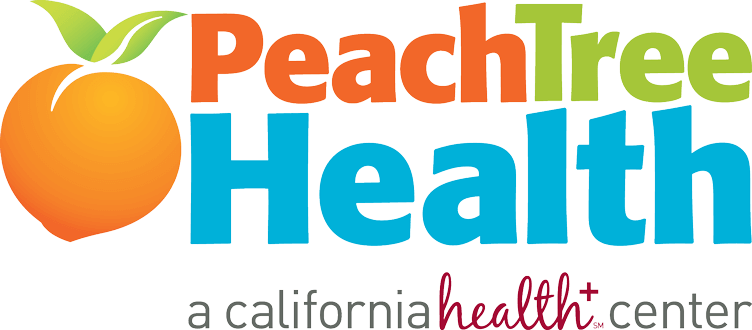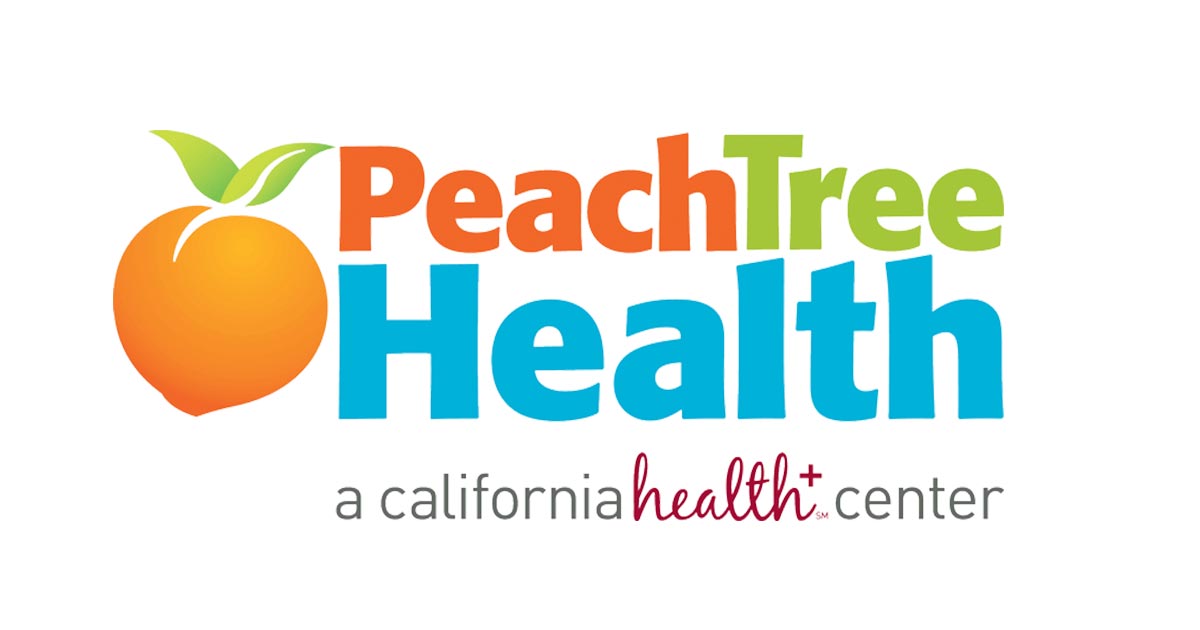Name-Calling and Judgement-Free Healthcare
I always find it fascinating how often random people in the community feel compelled to tell me their personal and political beliefs about how healthcare should work. These opinions often focus on care delivered personal and political beliefs about how healthcare should work. These opinions often focus on care deliveredto their neighbors receiving government-sponsored subsidies such as Medi-Cal and Medicare. As the CEO of a to their neighbors receiving government-sponsored subsidies such as Medi-Cal and Medicare. As the CEO of a large community health organization I may represent that government health official, spokesperson or a public face to whom they want to register a complaint. During the first 100 days of President Trump’s term, the rate of random ranting incidents directed mostly at Medicaid services has hit an all-time high. I take these situations in stride as part of my job, but I want to share my thoughts on a one Peach Tree service that I feel is widely misunderstood and misrepresented in today’s politicized health care discussion: Suboxone treatment for opioid addiction.
Suboxone is a prescription medication that combines buprenorphine and naloxone.
It’s used to treat opioid addiction. (Heroin and narcotic painkillers are common opioid drugs.)
Buprenorphine belongs to a class of drugs called opioid partial agonists, which help relieve
symptoms of opiate withdrawal.
Peach Tree Health has a sizeable Suboxone treatment practice in the region. Patients suffering from opiate addictions come from all over the valley to Peach in search for a structured medical process to get them back to a more stable and productive life. The media regularly proclaims the United States is suffering from an “opioid epidemic” with an estimated 1.9 million people addicted to prescription opioid drugs. While few people disagree that this is a widespread problem in our communities, many people bristle when the media use words like “epidemic” or “disease” when discussing opioid addiction. To many concerned taxpayers, addictions are the bad side effect of a personal choice to take drugs and often a sign of personal moral weakness. To them, opioid addiction should not be mixed in with “real medical disorders” such as diabetes, cancer and heart disease. This is particularly important if taxpayer money from Medi-Cal and Medicare is used to treat patients making poor choices. Can you hear the complaint now?
This is when I have to push back.
I feel that labeling people struggling with opioid addiction as simply “addicts” or people with “moral weakness getting what they deserve” is simply offensive. Withholding life-changing medical treatment because of who pays the bill is morally negligent. I simply don’t care whether someone believes opioid addiction is a legitimate disease or not. I also don’t believe people should be treated differently if their opioid addiction involves the overuse of OxyContin or heroin. The medical and personal outcomes are the same for these people and their treatment should be equal.
This public shaming and poor character labels are a slippery slope. How would you feel if we refused to care for adult-onset diabetes because society believes someone made bad food and lifestyle choices leading to obesity and insulin dependence? Everyone seems to agree that cancer is a legitimate disease and patients are widely described as “cancer victims” in society. Help me understand why do we give smokers suffering with lung cancer a free pass when they obviously chose to smoke for the past 30 years? What about the heart bypass patient living with the result of years of neglectful eating choices? Should Medicare not pay for his treatment or medication because of his addiction to fatty foods and no exercise? Where do we draw the line?
The reality is that most diseases and disorders can be directly linked to choices people make. The things we have ingested into our bodies, exposure to environmental toxins, poor sleep and exercise habits and our genetic profile all contribute to health outcomes as we age. We should not pick and choose who receives healthcare based on a moral compass that changes directions depending on your zip code or who happens to be in government office at the time. I view these issues in an uncomplicated way. My organization provides healthcare services that will improve the outcomes of those in our community. I don’t need to focus on the back story that led up to the need to seek help in my clinic. I choose to focus on how we can move forward now and change the trajectory of their health future: without judgement.

